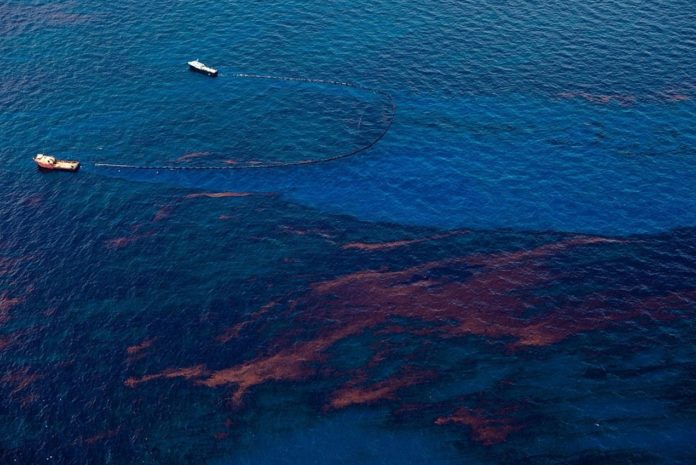The bacteria are capable of not only surviving in polluted water, but also decomposing diesel and crude oil.
Researchers from the University of Calgary have discovered new species of bacteria in the Arctic Peninsula of Labrador. Unique microorganisms are capable of degrading crude oil, fuel and fuel oil.
This was reported by the American Society for Microbiology.
Sean Murphy, a student of Dr Hubert’s who grew up in the area, initiated the project. Mr. Murphy, Aquatic Scientist, ERM Canada, recognised the benefits offshore oil had brought to the people of Newfoundland and Labrador, but was deeply troubled by the Deepwater Horizon oil spill, and chose to focus his master’s research on the Labrador Sea to assist in informing future oil spill mitigation strategies… at cold temperatures in the region.
Dr Hubert noted that the Labrador coast – where the study was conducted – is critical for Indigenous peoples who rely on the ocean for food, and that, unlike at lower latitudes, there has been a dearth of research on bioremediation up here.
“As climate change extends ice-free periods and increasing industrial activity takes place in the Arctic, it is important to understand the ways in which the Arctic marine microbiome will respond if there is an oil or fuel spill,” said Dr. Hubert.
That’s especially important, as “this region remains vast and remote such that oil spill emergency response would be complicated and slow.”
In the study, the investigators simulated oil spill remediation inside of bottles, by combining mud from the top few centimeters of seabed with artificial seawater, and with either diesel or crude oil, along with different nutrient amendments at different concentrations.
The experiments were performed at 4°C, to approximate the temperature in the Labrador Sea, and took place over several weeks.
Specifically, five bacterial species – Paraperlucidibaca, Cycloclasticus, Oleispira, Thalassolituus and Zhongshania are able to survive in polluted water and decompose diesel fuel and crude oil.
“The study also confirmed that providing nutrients can enhance hydrocarbon biodegradation under these low temperature conditions,” said the researcher.
“Our simulations demonstrated that naturally occurring oil-degrading bacteria in the ocean represent nature’s first responders to an oil spill,” the author concluded.
Image Credit: Getty
